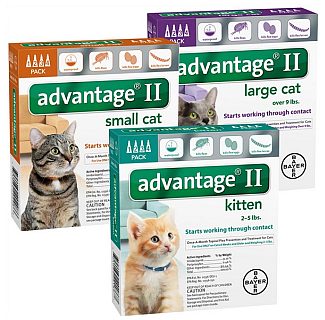6 Ways to Protect Your cats & Yourself from Cat Scratch Disease
You can forgive the new kitten in your life for the bright red tracks her little claws painted down your arm, but keep an eye on those scratches --- they can lead to terribly serious health consequences. Cat scratch disease can actually put you in the hospital!
Veterinarian Bruce Kornreich is an associate director at the Cornell Feline Health Center, which conducts and sponsors research aimed at preventing and treating diseases in cats. You can learn more about it in my conversation with Dr. Kornreich on CAT CHAT.
What is Cat Scratch Disease?
Cat scratch disease is caused by a bacteria called Bartonela henselae, which is spread among cats---and more rarely among other mammals, including dogs---primarily by fleas. In rare cases, B henselae may be transmitted from infected cats to humans via scratches or bite wounds. “Children younger than five years of age and immunocompromised individuals are at greater risk for cat scratch disease.”
The Centers for Disease Control Have Cat Scratch Fever on Their Radar
A new study by the Centers for Disease Control (CDC) found that 12,500 people are diagnosed with cat scratch disease (CSD) every year, making it more common than previously thought. The CDC study estimates that about 500 CSD patients per year become so sick, they require hospitalization.

6 Ways to Protect Yourself and Your Cat
Here are the practical easy ways to decrease the likelihood of cat scratch disease occurring in your family.
1. Flea control is the fundamental way to protect your whole household from this disease. The way to assure yourself there are no fleas on your cats (and therefore in your home or yard) is with the regular monthly use of a product like Bayer Animal Health’s Advantage II for Cats ,
2. Keep cats indoors, since cats usually pick up fleas (and other diseases from roaming cats) outside.
3. Deter cats from biting and scratching
4. Don’t allow cats to lick wounds.
5. Monitor young children in their interactions with cats.
6. Always wash your hands after interacting with cats.
---Tracie Hotchner
(Have a comment? Share it on Facebook.)
photo credit: Tambako the Jaguar Oscar under the blanket via photopin (license)

